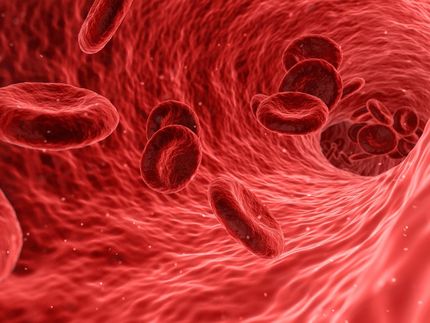BioInvent and ThromboGenics Start Recruitment of Second 100 Patient Cohort in Phase II DVT Prophylaxis Study with TB-402
Advertisement
BioInvent International AB and ThromboGenics NV announce that they have started recruitment of a second cohort of patients for their Phase II trial of TB-402. This follows completion of recruitment of the first cohort of 100 patients ahead of schedule. TB-402 is a novel, long acting anticoagulant that is being developed for the prevention of deep vein thrombosis (DVT) following orthopaedic surgery. The decision to move ahead with the second cohort of this trial follows unanimous advice from the external efficacy and safety monitoring board to proceed using a higher dose of TB-402.
The Phase II trial is an active (enoxaparin)-controlled, dose-escalating, multicenter, prospective, randomised, open label trial evaluating TB-402 for the prophylaxis of DVT after knee surgery. The study is assessing three different doses of TB-402 given as a single intravenous bolus injection post knee replacement surgery and will enrol a total of 300 patients across 36 centers in Europe. The objective of the study is to assess the safety and efficacy of the three escalating doses of TB-402.
TB-402 is a recombinant human monoclonal antibody that partially inhibits Factor VIII, a key component of the coagulation cascade. This novel mode of action is expected to reduce the risk of undesirable bleeding events, even at high doses, as well as the need for patient monitoring. These are the two main drawbacks associated with current anticoagulants. In addition, TB-402 is a long-acting agent, which means it could be given as a single dose after surgery to prevent the development of DVT. This would be an attractive option, as all current anticoagulant treatment options require daily treatment for up to several weeks.
Professor Peter Verhamme from the University of Leuven will present additional data from the earlier successful Phase I study at the XXII Congress of the International Society on Thrombosis and Haemostasis (ISTH) on 15 July, 2009, in Boston.




















































